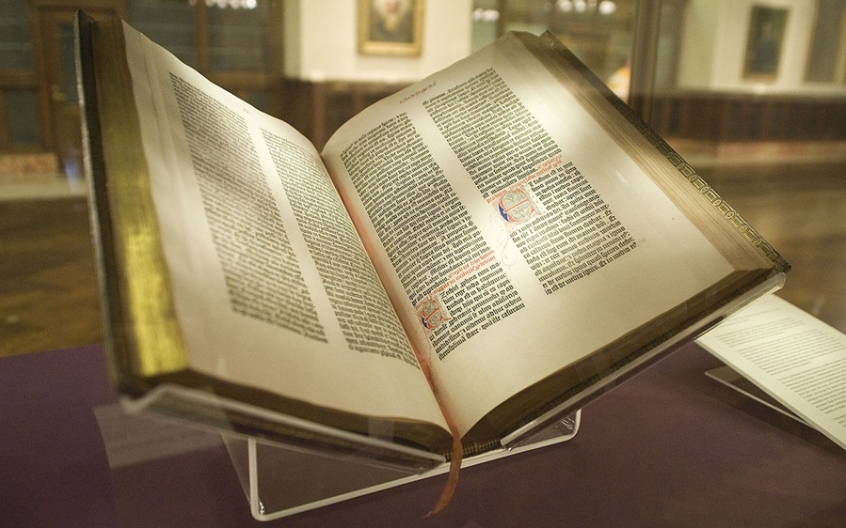
Since the Bible is based on copies of copies of copies—with no original source to verify these copies — how can people be assured that it still contains the unadulterated Word of God?
Christian apologist Lee Strobel says that was the question that confronted him when he was still an atheist investigating the Bible.
To answer that question, he consulted New Testament expert Dr. Bruce Metzger, Strobel tells The Christian Post in an interview.
The result of his quest for the authentic Gospel is contained in his newly revised book, "The Case for Christ."
In the book, Dr. Metzger explains to Strobel that it's not only the Bible that faces such question of authenticity since all ancient texts bear the same burden of proof. "It's a question we can ask of other documents that have come down to us from antiquity," he says.
Actually, Dr. Metzger says the fact that the Bible has multiple reproductions allows for ways to prove its authenticity. "The more often you have copies that agree with each other, especially if they emerge from different geographical areas, the more you can cross-check them to figure out what the original document was like," he explains.
The age of New Testament documents can also help attest as to its genuineness, the expert says, noting that there are copies of the Bible that date back to only a couple of generations from the writing of the originals.
This isn't the case for other ancient texts where five to 10 centuries passed between the writing of the original and the earliest surviving copy, Dr. Metzger notes.
"Even if we lost all the Greek manuscripts and the early translations, we could still reproduce the contents of the New Testament from the multiplicity of quotations in commentaries, sermons, letters, and so forth of the early church fathers," the theologian explains.
Strobel says the answers given by Dr. Metzger should erase all doubts on the veracity of the New Testament.
"So this idea that Jesus died for our sins, that He rose from the dead, and thus proved that He is the son of God was not a legend that developed many years later, but it goes right back virtually to the scene of His death, and I think that is historical gold," Strobel says.
"That's like a news flash from ancient history that's extremely persuasive because it is unlikely to have been tainted by legend."
















